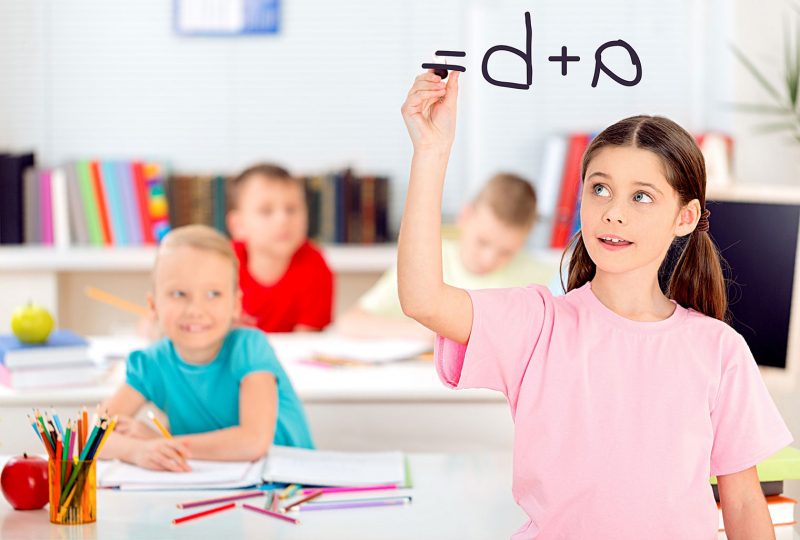
Health Articles
The Executive Function Skills Every Kid Needs


Some children are able to perform new tasks without extreme effort, can organize things well; while other are easily distracted, have a really tough time starting new tasks or have a trouble paying attention.
Those individual actions performed by mental processes called “Executive Function”.
What is Executive Function?
Executive function is a set of mental processes that allow children to manage their thoughts, actions, and emotions in order to achieve a goal (Goal Directed Behaviors). There are three main executive skills.
- Working Memory: an ability to store information and manage them for future use.
- Cognitive Flexibility: a key part of problem solving skill which allows children to switch from an activity to another, as well as using different ways to solve one problem.
- Inhibit: an ability to control emotions, ignoring distractions and resist temptation in order to focus on the most important matter.

The Executive Function Skills Every Kid Needs
Having executive function (EF) skills is an essential part of being able to face the challenges in everyday life, allowing children to control their emotions; for example, they can keep calm when they are angry or they’d rather pay attention in class than being distracted. Moreover, executive function is also a major ability to socialize such as being part of a team or being a good listener.
How to Boost Executive Function in Children
Executive function skills are controlled by an area of the brain called the frontal lobe. This area develops continuously throughout the life, but it’s more likely to develop rapidly in early childhood, particularly between 3-5 years of age. A good executive function can be developed during ‘Quality Time’. Parents can support thier children to develop their skills with games or activities you can find at home.
- 6-18 months: peek a boo, hide and seek, fingers game and talking.
- 18-36 months: outdoor activities, pairing games and telling a story.
- 3-5 years: role plays, rhythm activities, concentration games.
- 5-7 years: board games, card games, group activities; music, arts, volunteer.
However, parental support and emotional support are significantly associated with the development of children’s executive functions. Parents have the opportunity to help their children develop these skills using simple everyday exercises or games. So the time and effort you spend to help your child are gifts that will last a lifetime.



























